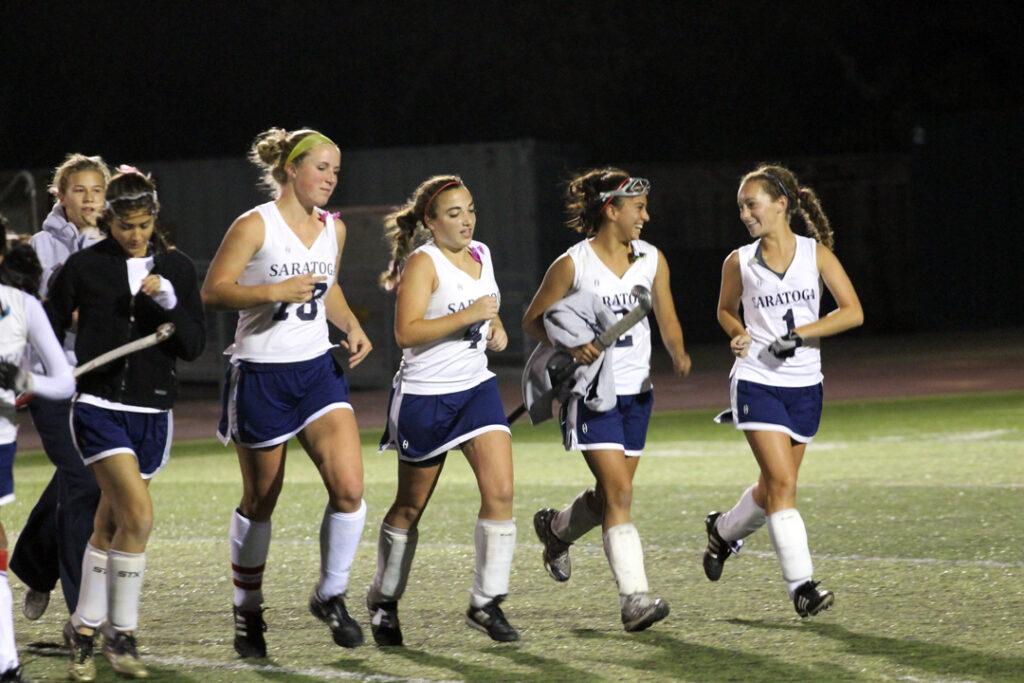At the start of first semester, students found out that they would be graded on a pass-fail system for team sports, cheer and band. This system was enacted because the majority of the sports team coaches and supervisors do not have proper credentials in physical education, the state standard for assigning a letter grade in physical education.
Recently, however, administrators listened to parents’ and students’ complaints and reverted back to a letter grade system for the rest of this year, including for the upcoming grading period.
“Logically there is still a pretty defensible reason to make it a pass/fail system, but we also listened to the emotion from parents and students,” assistant principal Brian Safine said. “You have to do both when running a school.”
Opposition to the new policy mainly came from students and parents who believed that a letter grade represented an athlete’s hard work at the end of the season better than a “pass” grade did.
Students with over a 4.0 grade point average would in fact have their averages lowered by letter grades given out. According to Safine, the letter grades only affect high school grade point averages, an average that colleges ignore.
If the administration had implemented its pass or fail system, the high school GPA would not be affected by sports, cheer and band. The administration reasoned not only that the grade of “pass” would, at worst, have a neutral effect on student grade point averages but also that each sport had a different standard for grading athletes.
“A ‘P’ is neutral, if you had that as a seventh class, only six classes would be tabulated in the GPA. If you fail you would not get the P.E. credits for it,” Safine said.
While the administration believes that a pass fail policy is still reasonable, they also want to keep parents and students satisfied.
“There is a lot of appropriate logic in the earlier decision to implement the pass fail system,” Safine said. “That logic is still solid, but the emotion we heard from students and parents about letter grades no longer being part of the P.E. sports program was also pretty strong.”
Despite the constant debating over the issue, some athletes feel that their passion for sports overshadow their concern over grading.
“I don’t play sports because of the grade,” senior athlete James Huang said. “I put time and effort into basketball, volleyball and marching band, not for the grade, but because I love to do those activities.”
Independent Study P.E. will be unaffected by the switched grading policies, remaining as either pass or fail. Coaches who give letter grades in sports are hired by the district. However, the athletic department does not work with outside coaches, and is unable to assess their knowledge of the P.E. standards.
“ISPE has always been pass fail and will continue to be pass fail.” Safine said. “Most people are fine with that because they are just happy to have the chance to pursue their sport outside of school and still get credits for it.
Despite the controversy regarding the attempt to change the grading policy, Safine believes that the issue is not as ground breaking as it is being made out to be, especially with colleges not putting much weight on those grades.
The administration is discussing future grading policies; however, Safine said that students can expect letter grading for the current academic year.
Although the switch to a letter grade was done to satisfy parent and student complaints, it raises the question of how the staff members are able to give an accurate letter grades while they have been grading based on a pass-fail system during the entire first semester until now.
But even with this difficulty, Safine is convinced going back to letter grading is the right move.
“There was an unexpected emotional response to the change but I don’t think it’s a big deal,” Safine said. “It may help or hurt your GPA, but there is good logic for the pass-fail system.”


























